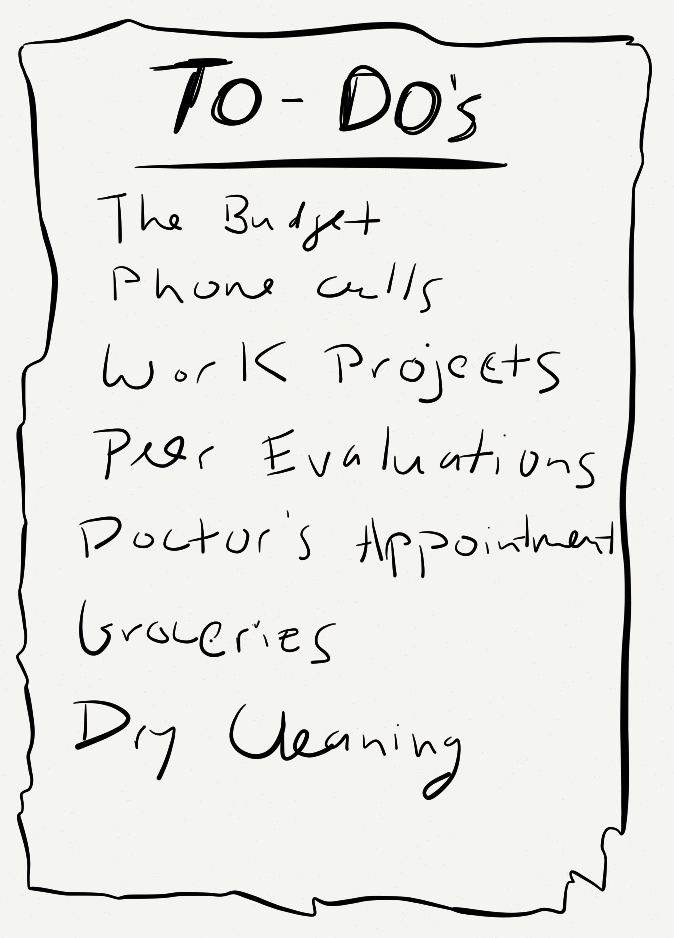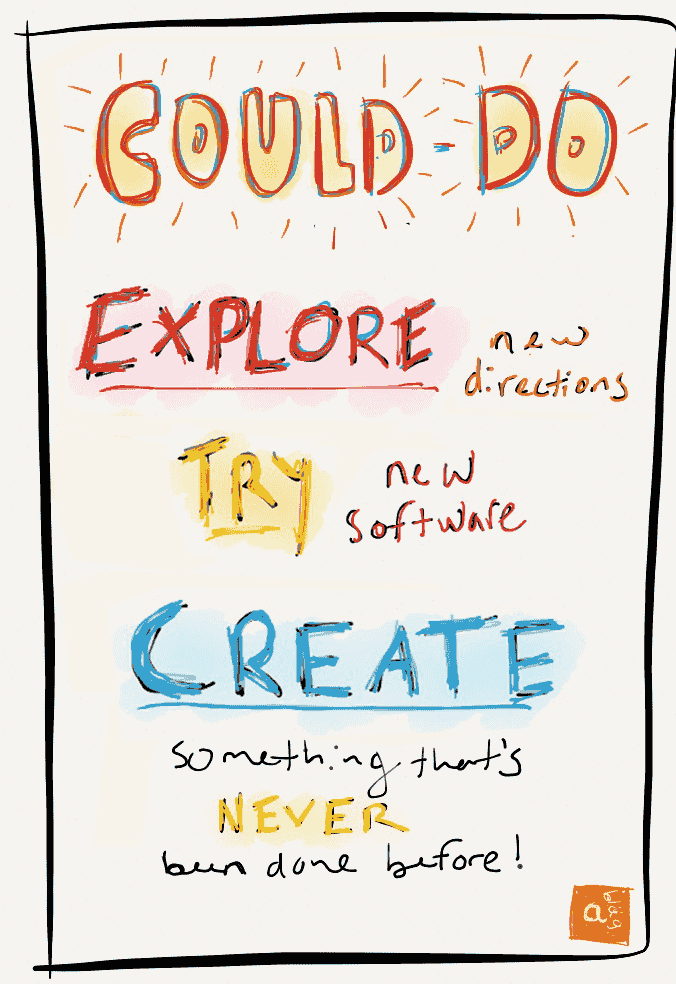Here comes one of those sports stories that’s a metaphor for life and business. You’ve been warned.
When I was on the high school baseball team, we were lead by an aging head coach who was proudly “old school.” He loathed astro turf, believed aluminum bats were a sin and as for the designated hitter rule…let’s just say it’s a good thing our pitchers knew how to bunt. Despite his devotion to the game’s traditional ways, our coach had never led a team to a district title.
One year he hired a young assistant coach from the Dominican Republic who had briefly played in the Majors and was the absolute antithesis of old school. Under his guidance we rehearsed the game’s routines in odd ways at daily practices. We hit bottle caps with the end of broom sticks and took ground balls with flat styrofoam boxes taped to our hands.
Having seen enough of what he believed was a mockery of tradition, our head coach pulled his young assistant aside and within earshot of the entire team declared, “Coach, that’s just not the way we did it when I payed.”
The young Dominican gave his boss a big league smile and said through a thick accent, “Coach, when you played they shoot free throws like this.” He then mimed the action of a granny-style free throw prompting the entire team to nearly die of laughter.
The game is forever changing. The question to perpetually ask is how does your company shoot free throws?
(ps: That young Dominican was asked to resign halfway through the season. He would eventually go on to become one of the winningest high school baseball coaches in the history of the city. By contrast, the old coach with a love for days of yesteryear never again had another winning season.)


